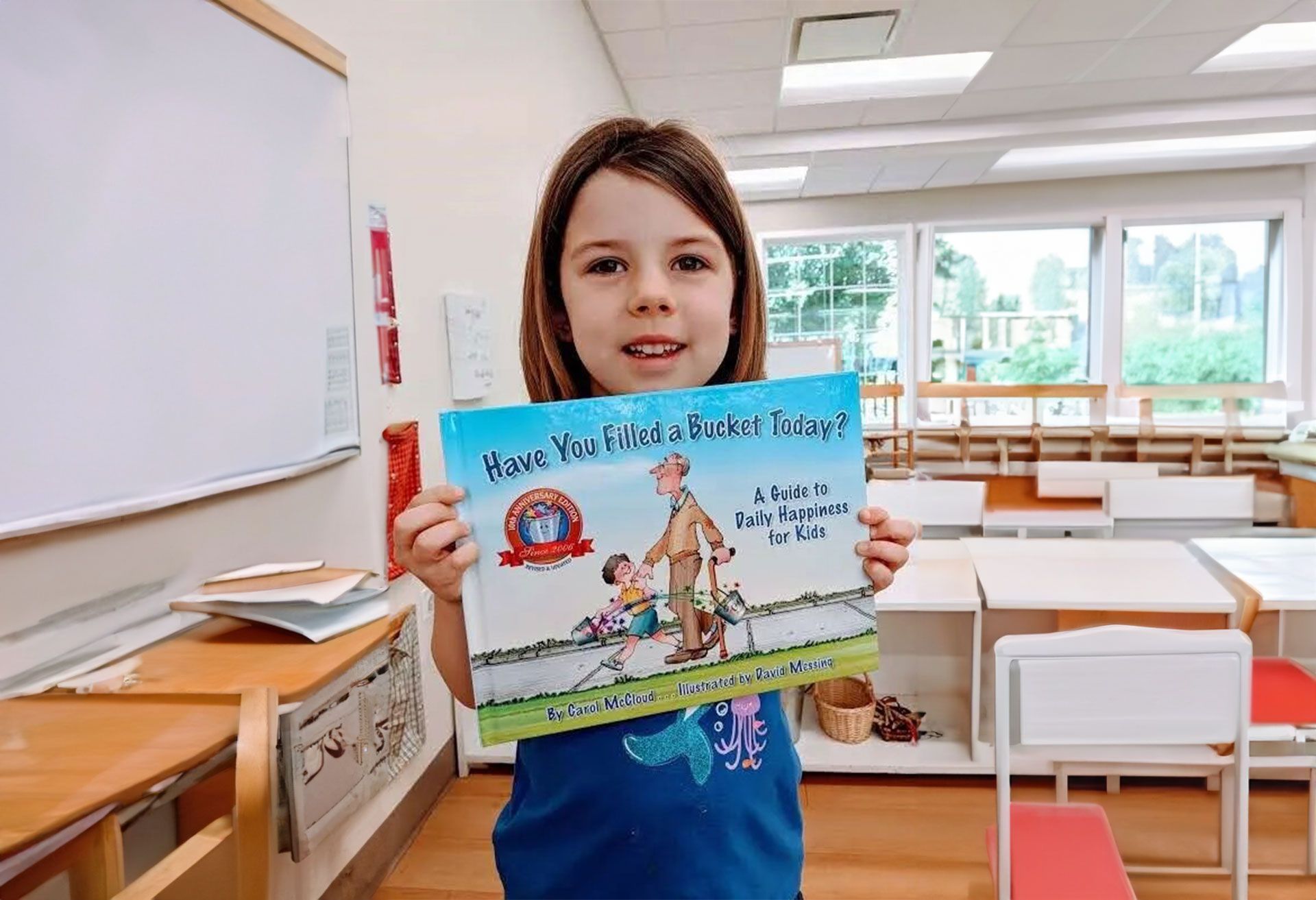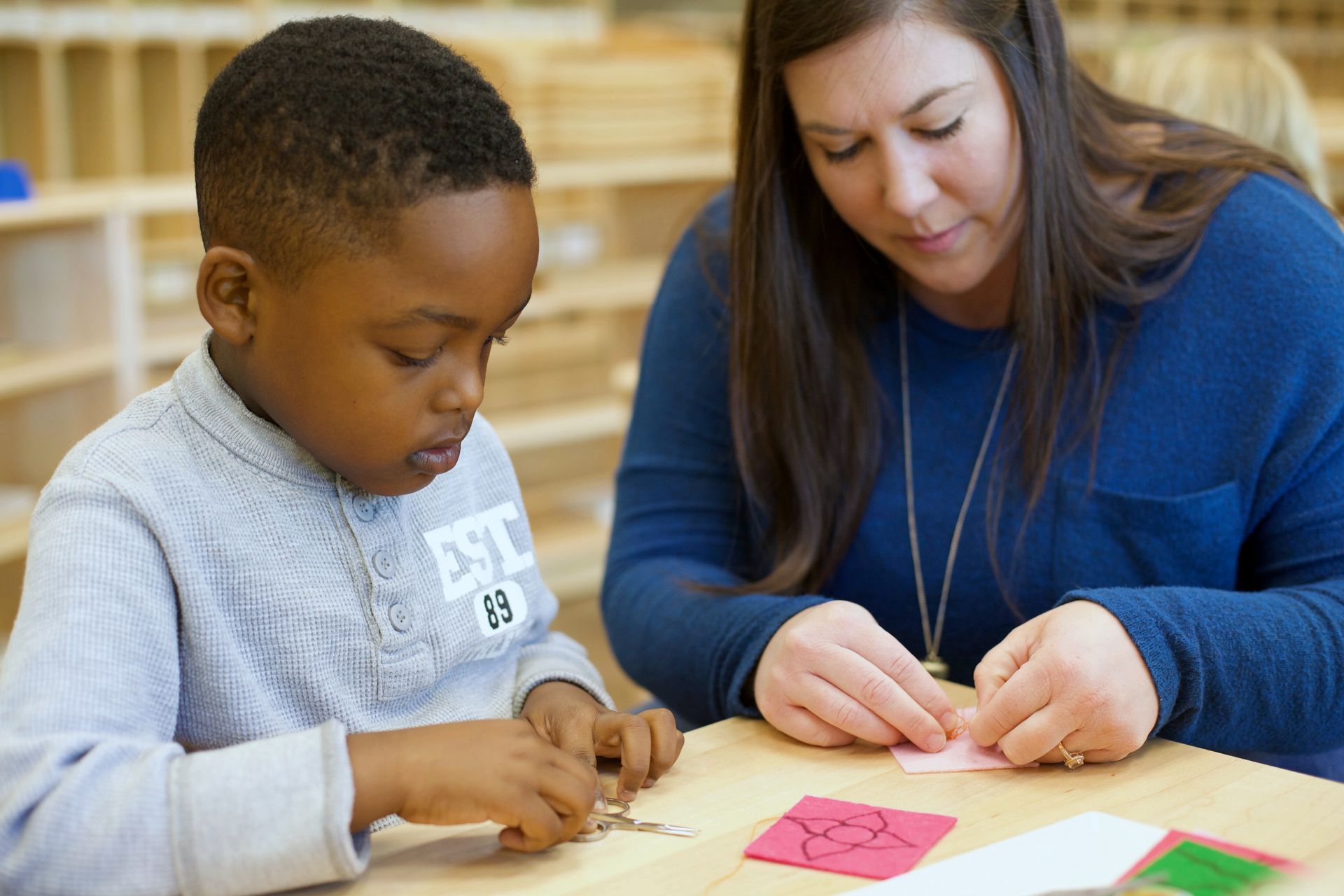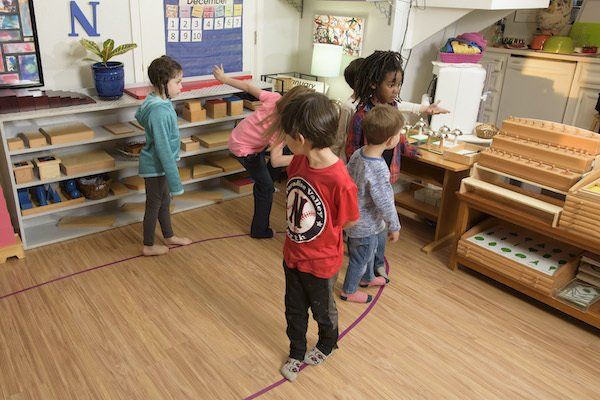
Hello dear families. We are sending out our love and support during this challenging time. We know you are stuck at home, but we hope you have found some beautiful moments or ways to make it work. In lieu of our regular book list this month, we created one that may be helpful in this unique situation. The list consists of two parts: books that may be helpful in content if you are so inclined to order them online and prefer physical books, and sources for ebooks for children.
Books About Health and Viruses
Germs Are Not for Sharing by Elizabeth Verdick, illustrated by Marieka Heinlen
Perfect for toddlers and preschoolers, Germs Are Not for Sharing has simple text and clear illustrations that teach and remind little ones what they should do when they are sick. For example, “Cough, cough, cough! What do you need to do? Turn your head away. Cough into your sleeve.”
A Germ’s Journey by Thom Rooke M.D., illustrated by Anthony Phillip Trimmer
Ideal for lower elementary-aged children, Trimmer’s mischievous-looking green germ character, combined with Rooke’s clear explanations give kids a better sense of how we spread germs to one another and what they do in our bodies. Perfect for giving information to children who are curious to learn more about why we are self-isolating and how our immune systems work to protect our bodies, this book couldn’t be more timely.
Microbiology: It’s a Small World! By Simon Basher, illustrated by Dan Green
For the science lovers: Basher’s book gets into descriptions of various microbes. Striking drawings will appeal to kids, as will more information than they will find in a typical storybook. From the first discoveries of bacteria, to how our bodies defend themselves against germs, and facts about a variety of microbes, there is plenty of fascinating information to satisfy curious kids.
Books About Emotions and Compassion
The Invisible String by Patrice Karst, illustrated by Joanne Lew-Vriethoff
Have You Filled Your Bucket Today? A Guide to Daily Happiness for Kids by Carol McCloud, illustrated by David Messing
Peace Is An Offering by Annette LeBox, illustrated by Stephanie Graegin
Free Ebook Sources for Children
hoopla | streaming audiobooks, music, video & ebooks
Amazon’s Top 100 Free Kindle Books
International Children’s Digital Library
This site contains thousands of titles in a multitude of languages. Readers get to look at high-quality scans of actual books pages, which can be a refreshing treat when it comes to ebooks.
Barnes & Noble Free eBooks for Kids
The store boasts more than 5000 titles geared toward a range of ages. Another added benefit is the ability to sort through various categories of interest, so you’re not just scrolling through a muddle of books that won’t interest you child.
As always, we love to hear your feedback. Whether you end up checking out one of the recommendations and want to share your thoughts, or if you have another book or resource you think the families of our community would appreciate, please feel free to reach out.
Happy reading!


